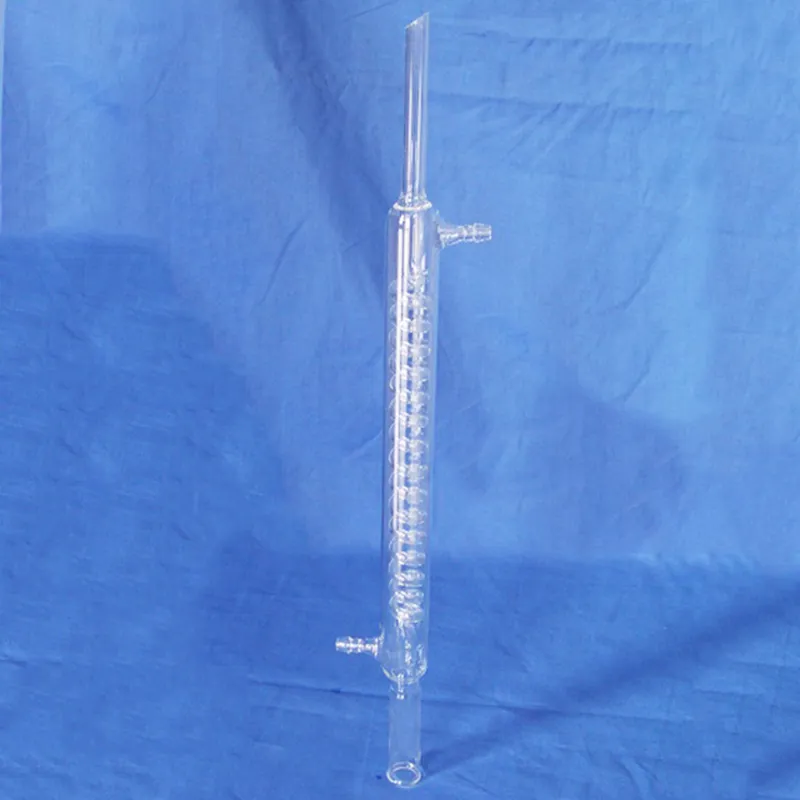
With multi-layer coated optics, the kidney microscope delivers better light transmission and image contrast. Ergonomic design allows for comfortable long-term use. The smooth stage movement and fine focusing system provide sensitive slide control for accurate analysis. The kidney microscope can be used with image capture systems for recording and sharing information, supporting both live observation and digital research workflows in the classroom and lab.

The kidney microscope plays a significant part in modern labs, supporting research as well as applied analysis. In drug analysis, it facilitates critical study of drugs and drug crystallization. The kidney microscope is applied in environmental research to analyze aquatic microbes and assess pollution impacts. Educators use it to enrich laboratory demonstrations of the complexity of plant and animal cells. Engineers apply the kidney microscope to investigate the integrity of material surfaces, supporting product innovation and development across industries.

The kidney microscope of the future will be to expand its analytical power. Future models will integrate optical accuracy with the enhancement of the computer, creating hybrid devices with real-time analysis functions. Automation will ease routine operations, making laboratory workflow more efficient. The kidney microscope will also be able to integrate cloud-based platforms for real-time sharing of data and remote access. Environment-friendly technology development will yield models that are energy-efficient without sacrificing precision but reduce environmental impact.

A well-maintained kidney microscope gives reliable performance and long operating life. Check optical elements regularly for dust, fingerprint, or oil residue. Use only authorized manufacturer cleaning materials to prevent lens coating damage. Store the kidney microscope upright, supported, and covered when not in use. Check focusing mechanisms for smooth operation and illumination system for uniform brightness. Standard maintenance procedures minimize downtime and preserve imaging quality for education and research.
A kidney microscope is an entry to the micro world, bringing one into contact with structures that characterize life and matter. It works by magnifying specimens through accuracy lenses and management of light, producing good images for research and study. The kidney microscope gives assistance to microbiology, pathology, and materials engineering and other fields of study, enabling close examination and data collection. With features like LED illumination and picture software, it adds more precision, stability, and efficacy to users everywhere.
Q: What distinguishes a digital microscope from a traditional one? A: A digital microscope integrates cameras and imaging software, enabling users to view, capture, and analyze images directly on a computer or monitor. Q: How can vibration affect a microscope? A: Vibration can cause image blur or misalignment, so the microscope should always be placed on a stable, vibration-free surface. Q: What safety measures should be taken when using a microscope? A: Avoid touching optical parts with fingers, use slides carefully, and ensure electrical components are safely connected before operation. Q: Why is immersion oil used in some microscopes? A: Immersion oil increases the refractive index between the lens and specimen, improving resolution and brightness at higher magnifications. Q: How can you prevent mold growth in a microscope? A: Store the microscope in a low-humidity environment and use desiccants or dehumidifiers to keep optical components dry and mold-free.
I’ve used several microscopes before, but this one stands out for its sturdy design and smooth magnification control.
The microscope delivers incredibly sharp images and precise focusing. It’s perfect for both professional lab work and educational use.
To protect the privacy of our buyers, only public service email domains like Gmail, Yahoo, and MSN will be displayed. Additionally, only a limited portion of the inquiry content will be shown.
We’re looking for a reliable centrifuge for clinical testing. Can you share the technical specific...
Hello, I’m interested in your centrifuge models for laboratory use. Could you please send me more ...
E-mail: [email protected]
Tel: +86-731-84176622
+86-731-84136655
Address: Rm.1507,Xinsancheng Plaza. No.58, Renmin Road(E),Changsha,Hunan,China